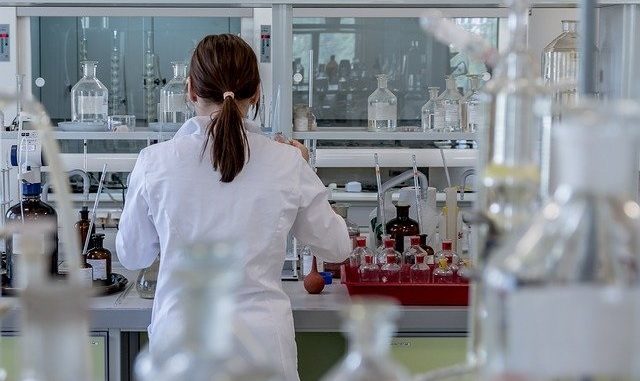
The government has issued advice to protect up to 1.5 million people in England identified by the NHS as being at higher risk of severe illness if they contract coronavirus.
They are being told they should stay at home to protect themselves and will receive communication shortly with detailed advice on behalf of their GP practice or specialist strongly advising them to stay at home for a period of at least 12 weeks.
A raft of new measures, including a helpline for the most in need of support, have been set out for those considered to be extremely vulnerable due to their medical conditions, so people know exactly how to care for themselves and others in the coming months.
It was also announced that a new Local Support System will make sure those individuals self-isolating at home and who are without a support network of friends and family will receive basic groceries. Community pharmacies will support those who need help getting their medicines delivered.
The Government is working with a partnership of the groceries industry, local government, local resilience and emergency partners, and voluntary groups, to ensure that essential items can start to be delivered as soon as possible to those who need it. The people identified as the most vulnerable in their communities will be contacted directly – including in person where necessary – as a priority.
Members of the armed forces, already in local communities helping Local Resilience Forums and local councils on their coronavirus response plans, will support this effort and are at the heart of local planning in response to this crisis.
Communities Secretary Rt Hon Robert Jenrick MP said: “Public safety and making sure that those most at risk from the virus continue to get the support they need throughout this period is the Government’s top priority. People should stay at home, protect our NHS and save lives.
“This will be an especially worrying time for those with serious underlying health conditions and that is why we are urgently acting to ensure extremely vulnerable individuals are taking extra steps to shield themselves, and that the essential items they need are supplied to them.
“We will ensure that vulnerable and older people in our society are left in no doubt of their importance to us and our determination to protect them as best we can. More people will be required to be by themselves at home. While they are on their own, let’s guarantee that they are never alone.”
As well as the letter, the NHS will also send frequent text messages shortly to those in this group, to reach the most at risk as quickly as possible with advice.
The guidance for people at the highest risk is:
- Strictly avoid contact with someone who is displaying symptoms of coronavirus (COVID-19). These symptoms include high temperature and/or new and continuous cough;
- Do not leave your house for at least 12 weeks starting on Monday 23 March.
- Do not attend any gatherings. This includes gatherings of friends and families in private spaces e.g. family homes, weddings, parties and religious services.
- Do not go out for shopping, leisure or travel and, when arranging food or medication deliveries, these should be left at the door to minimise contact.
- Keep in touch using remote technology such as phone, internet, and social media.
- Do use telephone or online services to contact your GP practice or other essential services as and when you need.
Extremely vulnerable group:
- Solid organ transplant recipients
- People with specific cancers
- People with cancer who are undergoing active chemotherapy or radical radiotherapy for lung cancer
- People with cancers of the blood or bone marrow such as leukaemia, lymphoma or myeloma who are at any stage of treatment
- People having immunotherapy or other continuing antibody treatments for cancer
- People having other targeted cancer treatments which can affect the immune system, such as protein kinase inhibitors or PARP inhibitors.
- People who have had bone marrow or stem cell transplants in the last 6 months, or who are still taking immunosuppression drugs.
- People with severe respiratory conditions including all cystic fibrosis, severe asthma and severe COPD
- People with rare diseases and inborn errors of metabolism that significantly increase the risk of infections (such as SCID, homozygous sickle cell disease)
- People on immunosuppression therapies sufficient to significantly increase risk of infection
- Women who are pregnant and who also have significant heart disease, congenital or acquired

